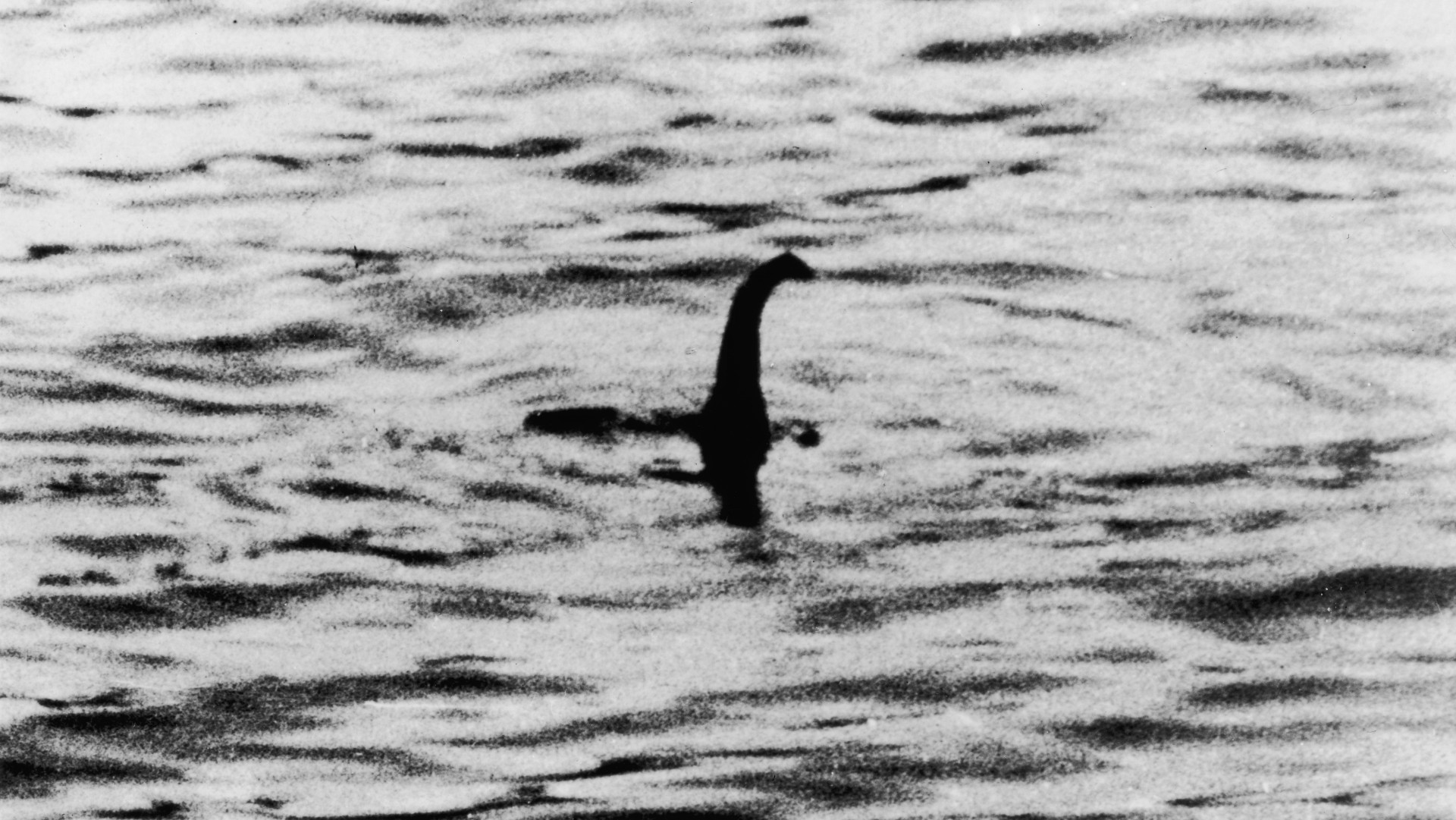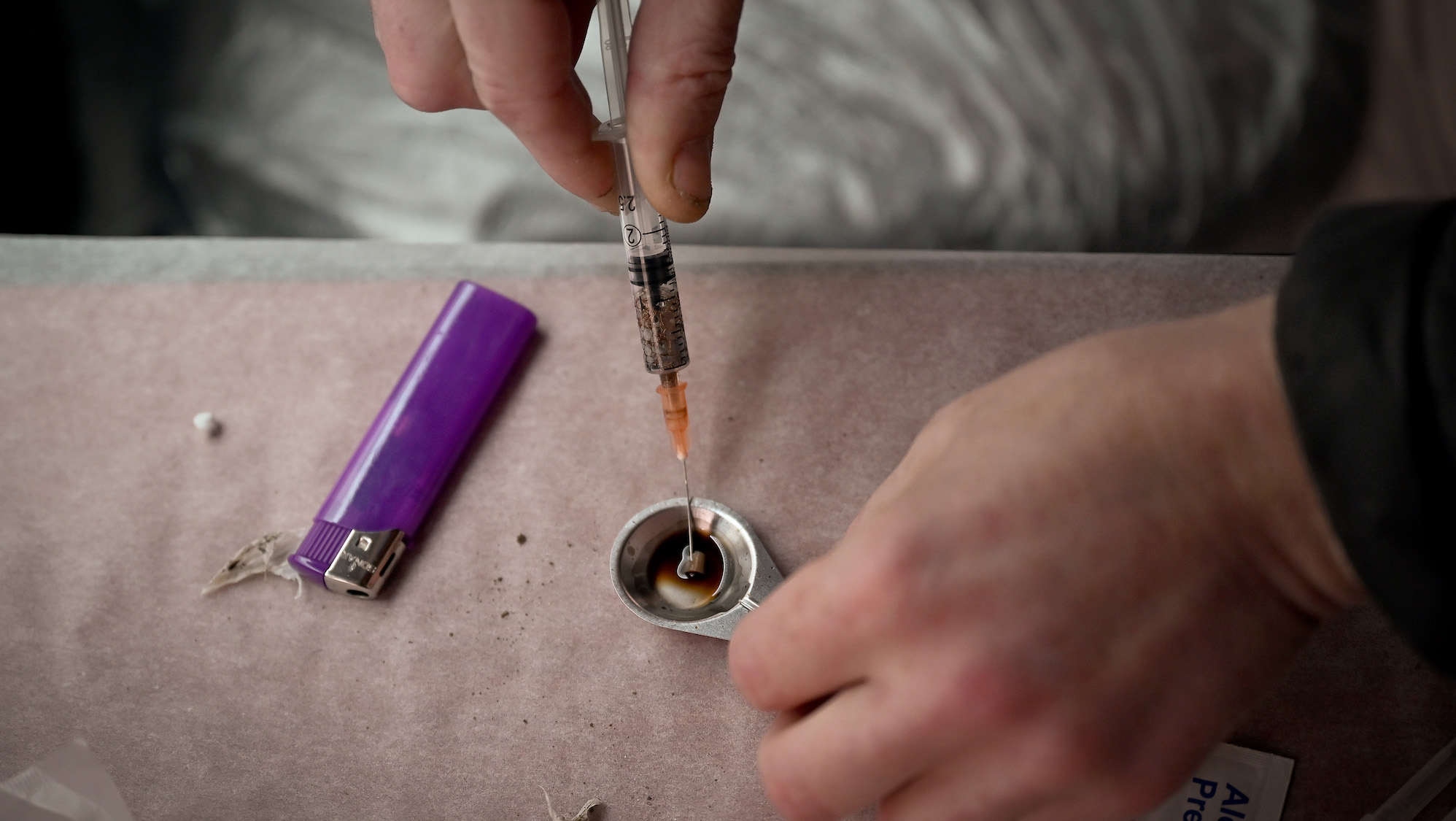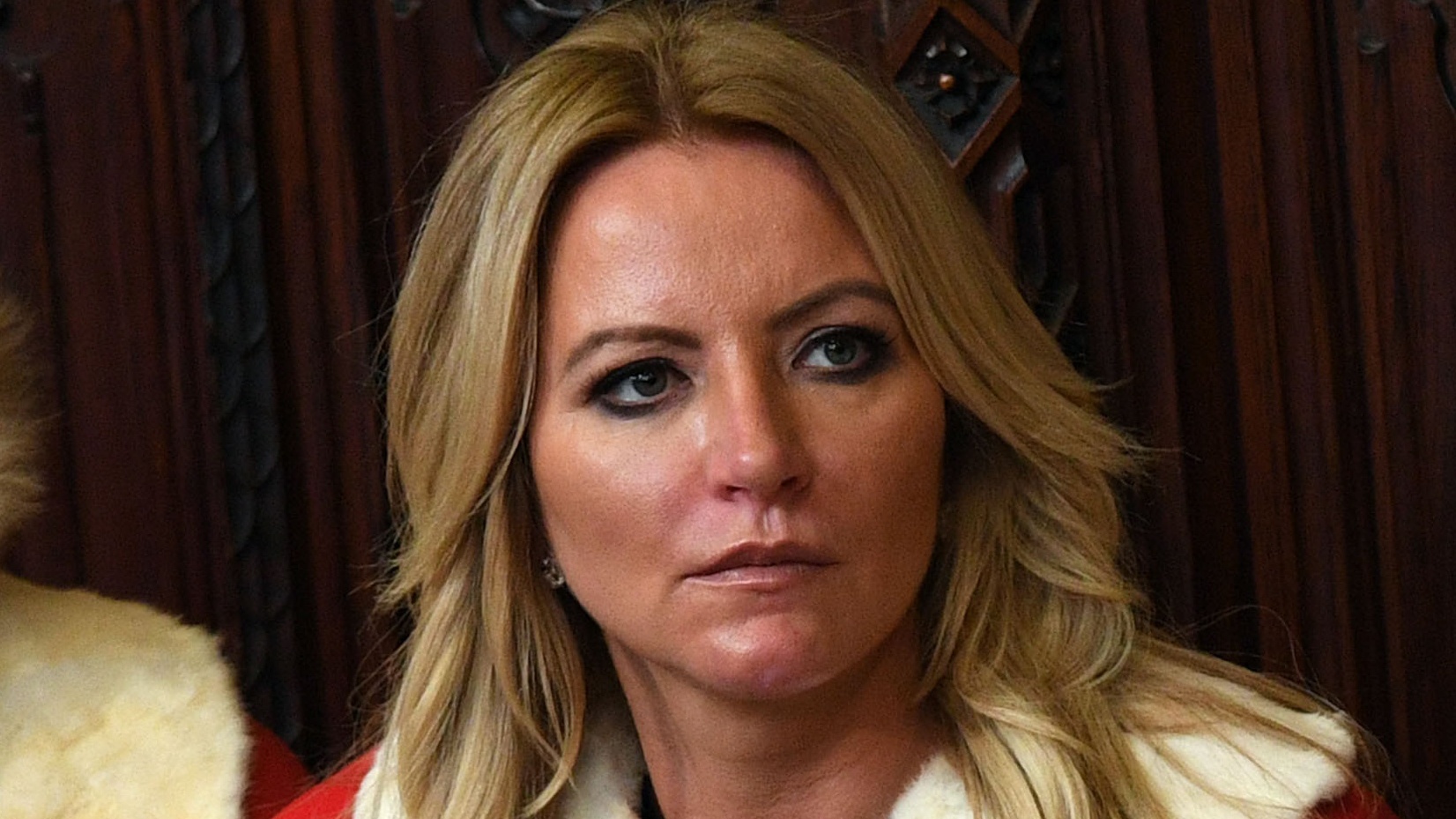The biggest search for the Loch Ness monster in 50 years
Organisers hope to ‘inspire new generation’ of hunters using thermal drones, infrared cameras and a hydrophone

A free daily email with the biggest news stories of the day – and the best features from TheWeek.com
You are now subscribed
Your newsletter sign-up was successful
The biggest search for the Loch Ness monster in over half a century is to take place later this month, with organisers hoping it will inspire a “new generation” of enthusiasts.
The hunt for “the sea serpent fondly known as ‘Nessie’ has been afoot for nigh on 90 years”, said Apollo magazine, ever since multiple reported sightings in the 1930s made the monster something of a “national obsession”.
Although no solid evidence of its existence has ever been found, “the myth’s attraction – like that of Bigfoot or Sasquatch – has endured over the decades, sparking research, exploration and stories” according to The Washington Post.
The Week
Escape your echo chamber. Get the facts behind the news, plus analysis from multiple perspectives.

Sign up for The Week's Free Newsletters
From our morning news briefing to a weekly Good News Newsletter, get the best of The Week delivered directly to your inbox.
From our morning news briefing to a weekly Good News Newsletter, get the best of The Week delivered directly to your inbox.
Why now?
Organised by the Loch Ness Centre in Drumnadrochit, which is re-opening following a £1.5 million refurbishment, and a volunteer research team called Loch Ness Exploration, the search is due to take place over the weekend of 26 and 27 August.
It will include thermal drones that will be flown over the loch, infrared cameras, and a hydrophone to detect “unusual underwater sounds”, said the BBC. From the safety of the shoreline, volunteers will also look out for breaks in the water and inexplicable movements, with a daily live-stream by Visit Inverness from several vantage points on the lake.
It is expected to be the most comprehensive search for the monster since the Loch Ness Investigation Bureau, set up in the 1960s, conducted a detailed study of the freshwater lake in 1972. In 1987, another team swept the loch with sonar.
The weekend “gives an opportunity to search the waters in a way that has never been done before”, said Paul Nixon, general manager of the Loch Ness Centre. Alan McKenna, a member of Loch Ness Exploration, said the hope was to “inspire a new generation of Loch Ness enthusiasts”.
A free daily email with the biggest news stories of the day – and the best features from TheWeek.com
What could they find?
Reports of a monster in the area date back to 565 AD, when the Irish monk Saint Columba supposedly encountered a creature by the River Ness which flows into the loch.
According to the Loch Ness Centre, there have been more than 1,140 official sightings – which must exhibit “clear facial features of an unknown creature” – recorded to date.
The most famous of these dates back to 1933, when the editor of the Inverness Courier newspaper, Evan Barron, first described the possibility of a “monster” living in the lake, “kick-starting the modern myth of Nessie”, said the BBC. It achieved worldwide attention a year later in 1934 when the Daily Mail published the now infamous photograph by Colonel Robert Kenneth Wilson appearing to show a trunked creature emerging from the water. This was later revealed to be a hoax.
Since then there have been countless theories about what the beast could be: ranging from swimming circus elephants to a prehistoric marine reptile called a plesiosaur, or a secret military submarine.
Now organisers hope the use of thermal drones and infrared cameras will help identify any anomalies. But “this won’t be the first search taking advantage of advances in technology since legends about the mythical monster started circulating,” reported CBS News.
In 2018, a team from New Zealand attempted to catalogue every living species in the loch by analysing DNA from water samples. They concluded the fabled monster may in fact be giant eels – but their findings have done little to dampen the spirits of those hoping to find the monster.
The latest to jump on the Nessie bandwagon is Dave Fishwick, who inspired the Netflix film “Bank of Dave”, who is offering £25,000 to anyone who finds definitive proof of the Loch Ness monster’s existence, said The Scottish Sun.
-
 Corruption: The spy sheikh and the president
Corruption: The spy sheikh and the presidentFeature Trump is at the center of another scandal
-
 Putin’s shadow war
Putin’s shadow warFeature The Kremlin is waging a campaign of sabotage and subversion against Ukraine’s allies in the West
-
 Media: Why did Bezos gut ‘The Washington Post’?
Media: Why did Bezos gut ‘The Washington Post’?Feature Possibilities include to curry favor with Trump or to try to end financial losses
-
 The UK’s opioid crisis: why the stats don’t add up
The UK’s opioid crisis: why the stats don’t add upThe Explainer A new report has revealed that the UK’s total of opioid-related deaths could be much greater than official figures show
-
 Scottish drug deaths: what's gone wrong?
Scottish drug deaths: what's gone wrong?The Explainer The latest figures show an increase in drug misuse deaths in Scotland
-
 Consumption rooms: a legal place for illegal drugs?
Consumption rooms: a legal place for illegal drugs?Talking Point Scotland approves UK's first trial facility where users can take drugs under medical supervision
-
 Behind Scotland’s record high abortion figures
Behind Scotland’s record high abortion figuresIn Depth The most significant rise in terminations was among women in their 20s and those in deprived areas
-
 Michelle Mone: The Tory peer facing ‘shocking’ allegations of pandemic profiteering
Michelle Mone: The Tory peer facing ‘shocking’ allegations of pandemic profiteeringUnder the Radar The former lingerie entrepreneur reportedly made £29m in profit from dubious PPE firm she recommended to government ministers
-
 The race to test if vaccines hold up against Omicron
The race to test if vaccines hold up against OmicronUnder the Radar Scientists ‘flying at warp speed’ to decode the new Covid-19 variant
-
 Why Scotland’s Covid cases drop is good news for England
Why Scotland’s Covid cases drop is good news for EnglandIn Depth But new Delta Plus variant is causing concern north of the border too
-
 Matt Hancock was called to Boris Johnson’s office to explain care home ‘negligence’
Matt Hancock was called to Boris Johnson’s office to explain care home ‘negligence’Under the Radar Dominic Cummings has ‘documentary evidence’ that PM feared he was misled over care home testing